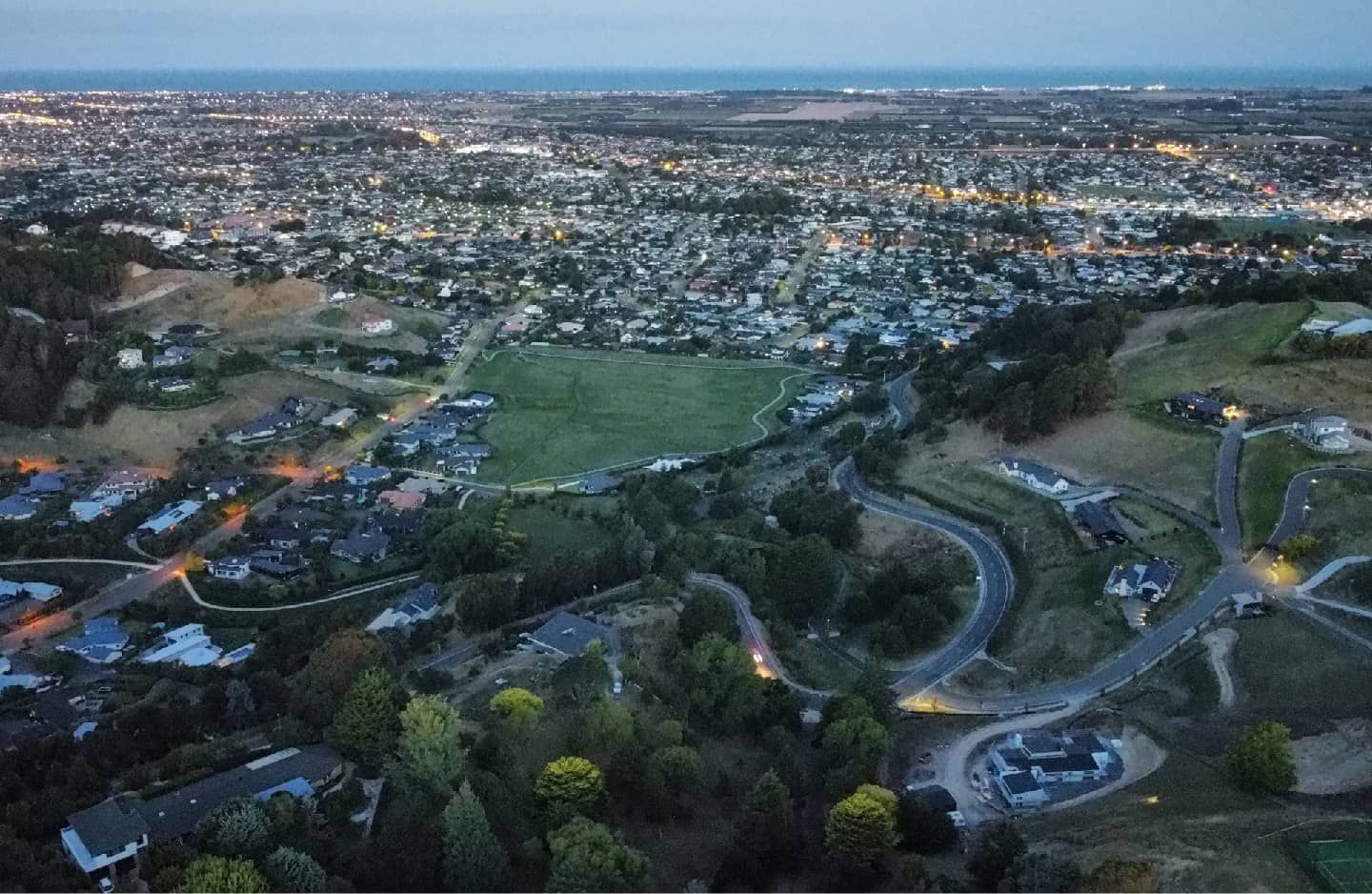What is Probate?
If you haven’t heard of probate, you’re not alone.
If you haven’t heard of probate, you’re not alone. We hope that this article, written by our lawyers at Legal Matters in Napier, may help you understand the probate process at what can be a difficult time.
In New Zealand, probate refers to the legal process of proving and registering a deceased person's will in the High Court to ensure that their estate is distributed according to their wishes. If the person dies without a will, a similar process known as "letters of administration on intestacy" applies.
Authority from the High Court
Any land belonging to the deceased cannot be transferred, and often banks or other financial institutions will not allow anyone to deal with the deceased’s property, without being authorised to do so by the High Court.

Probate Fees and Timeframe:
- Probate involves filing the application and paying a filing fee with the High Court. The legal costs for preparing the application vary depending on whether there is a will with executors who are willing or able to act or not. Without a will, the application process can often be costlier and more complicated – especially if heirs do not agree on who should take control.
- The time it takes to obtain probate can range from several weeks to several months, depending on the complexity of the estate, whether there are any disputes, and the court’s workload.
In general, the probate process is designed to ensure that estates are settled in an orderly and fair manner, ensuring the deceased’s wishes (if they had a will) are respected or that their estate is distributed according to law if no will exists.
What is the Probate Process?
1. Applying for Probate:
- If the deceased has made a will, the executor (or executors if there is more than one) named in the will is responsible for applying for probate.
- This application is made to the High Court.
- The application must include the original will, and may require a death certificate, and other legal documents that prove the executor’s role.
- It is important to get this application right as the High Court is very particular, and getting it wrong can cause delays. This is where an experienced lawyer comes in.
2. Grant of Probate:
- Once the court confirms that the will is valid and the executor is authorised to act, it issues a grant of probate which is essentially a special kind of court order.
- This grant gives the executor legal authority to manage the deceased's estate.
3. Executor's Role:
- The executor is responsible for gathering the deceased's assets, paying off any debts or taxes, and distributing the remaining assets to the beneficiaries as outlined in the will.
- Executors must keep detailed records and may need to submit these to the court.
4. Letters of Administration (if there is no will):
- If someone dies without a will (intestate), a close family member can apply for letters of administration instead of probate.
- The court will appoint an administrator (similar to an executor) to distribute the estate according to intestacy laws which are set out in the Administration Act 1969, which prioritise family members like the spouse, children, or parents.
5. Simpler Estates:
- Small estates may not need to go through the probate process if their value is below a certain threshold (currently $15,000) – this is typically for small bank accounts or low value assets.
Need help to navigate the wills & estates process?
If you are currently working through a death or you haven’t got a will in place, let us know and we can book an appointment at a time that suits you, and offer our help. You can also learn more about why it’s important to take action on getting a will here.
Book an appointment at our Napier office or we can meet you online.
Our friendly and
experienced team are also here for any other legal questions you may have, including for property, mortgages & trusts.



"Thank you for the help you have contributed to making this process as painless as possible and we are forever appreciative of that."
Jade Chaffey
"We have always experienced very good advice and service and have appreciated it immensely, so always happy to recommend to others."
Robyn Broughton
"Thank you so much for your assistance. When we decide to purchase in NZ, we will continue to use your company. You all have been amazing, knowledgeable, extremely quick and effective, and very patient."
The Lloyd Family
"Huge thank you to Tara and the Legal Matters team who have been invaluable to my family's legal and property needs in Napier. Professional knowledge, timely, friendly and sympathetic to our situation. You'll be in good at hands at Legal Matters."
David Jaffe
If you need legal expertise for your peace of mind, don’t hesitate to give us a call.
Phone:
T:
06 835 1082
M:
027 358 1307
Email: office@legalmatters.nz
Address: 50 Dalton St, Napier, 4110

